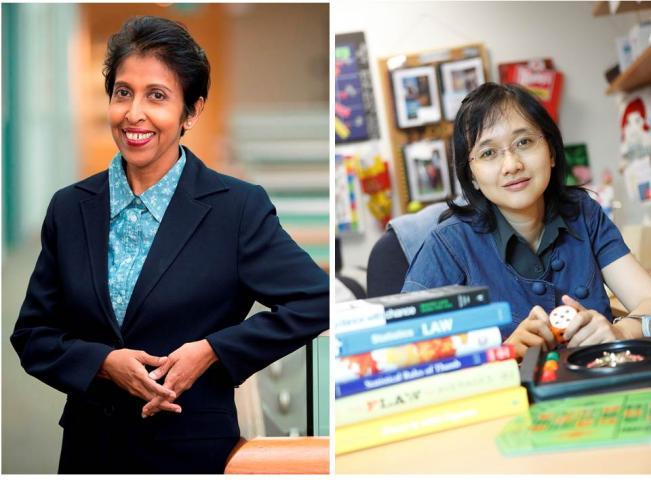Being a premier university in Asia, SMU- Singapore Management University is known worldwide for world class research and distinguished teaching regime. With an aim to generate leading edge research, SMU was established in 2000. The presence of creative and entrepreneurial leaders, it is recognised for the interactive and technology enabled pedagogy. Moreover, the seminar-style teaching in small class sizes makes it stand apart from other institute in the region. There are around 8,800 students here.
While the institute has been known for its various achievements, recently, the two senior lecturers, Ms Rosie (Ching from School of Economics) and Dr Rani Tan (from Lee Kong Chian School of Business), have made SMU proud once again. And the reason behind their success was the apps they designed.
Yes, they separately won a total of three awards. Held in Philadelphia, United States were organised the Wharton- Quacquarelli Symonds Stars Reimagine Education Conference & Awards 2015 last week. While it was the CSI Agent on a Mission, Rosie Ching’s app, which grabbed a bronze award in the Educational App category, Dr Rani clinched a total of two awards in different categories. The first one was the Social Sciences and MBA Discipline Award for the app GameLead, and the other was a silver award in the ICT Tools for Learning & Teaching category.
Basically, these awards were given for innovative projects around the world, specifically designed to improve pedagogy and employability. And yes, it was the first time for Dr Tan too. Being a senior lecturer in the Lee Kong Chian School of Business, she designed this app for her course. It was possible with the help of her undergraduate teaching assistants and the co-founder of gamification platform Gametize- Mr Keith Ng, and he is also from SMU.
In order to depict how the application can be used efficiently to boost learning and teaching, a systematic study was conducted on it by the co-author of the submission from the centre for teaching excellence in SMU, Dr Nachamma Sockalingam. Being used by more than 500 undergraduates in each term now, it became a hit when introduced as an ungraded component of the leadership course, back in 2013.

